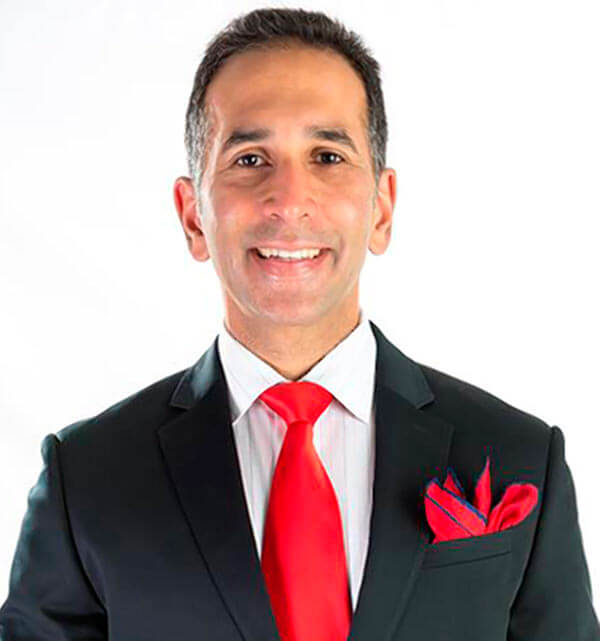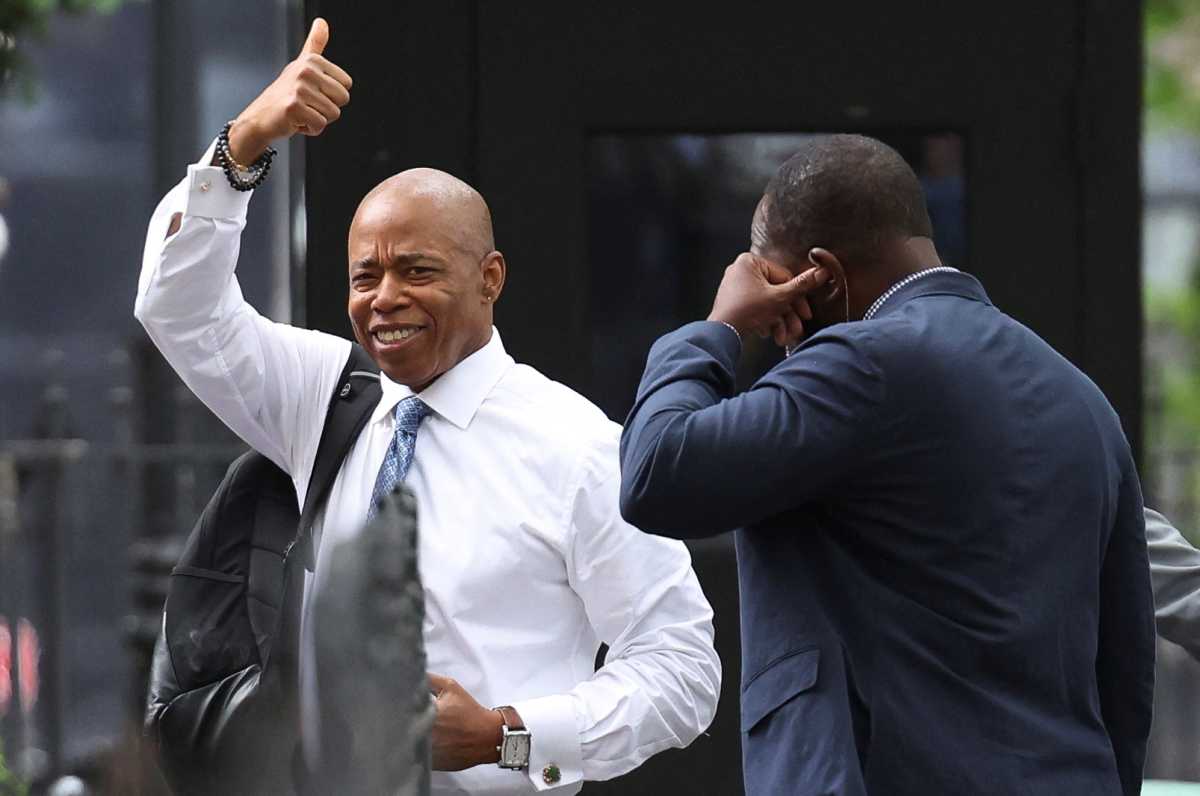If the administration of Prime Minister Keith Rowley in Trinidad has its way, accused persons in high court trials will soon be allowed the choice of a trial either by judge or by judge and jury as a major but highly controversial reform bill is being debated in both houses of parliament.
Attorney General Faris Al Rawi might even have been politically indelicate when he declared during debate this week that trial by a judge and jury is not an absolute right, not entrenched in any local legislation.
But as debate continues, independent senators in the upper house are opposing a move that could possibly make Trinidad the first country in the bloc of 15 Caribbean Community nations to seriously consider doing away with jury trials, at least partially.
The previous government of Kamla Persad Bissessar had also toyed with the idea of doing away with the jury system altogether. Al Rawi says the latest attempt will be different and defendants will be “offered a choice” between a judge sitting alone or by judge and jury.
“The jury system is not working,” he said, quoting the words of Chief Justice Ivor Archie at a public speech earlier this year.
“There is no direct reference to a trial by jury. Not a soul has said that the bill requires a three fifths majority or in fact is unconstitutional. There is no entrenched right to a trial by jury.”
Buffeting his arguments, the attorney general said that official statistics could bear out the move by authorities to amend the system to give defendants two choices.
As of mid March, the population of convicted and remand prison population stood at 3,634 souls of which more than 2,100 are on strict remand awaiting trials.
What’s more he contended, was the point that the total could be reduced by more than 800 if only these could make bail.
But he also presented even more startling figures saying that up to 64 percent of all cases pending in the system have been there for as long as 15 years.
“The views expressed so far, in particular coming from the judiciary and coming from eminent jurists is that if the system is not being improved, that there should be a move away from jury trial.
And the allegations that the jury system is not working are pegged on the slow pace of the criminal justice system, the time that it takes to empanel juries, move them back and forth, the cost involved in that, the cost involved in sequestration,” he said.
Citing one case involving a murdered supermarket tycoon, the attorney general said that the trial had cost the state $10M. Legal fees paid to attorneys average about $45M annually. He also said that Trinidad could become the latest of 23 Commonwealth nations to abolish or amend the system if the bill is approved.
Additinally, valuable time now wasted would be significantly reduced as a judge working without a jury would only have to give reasons for his decision rather than wait on juries to be empaneled and to deliberate.
Meanwhile, proposals are also on the table to abolish the system of preliminary enquiries on the island.
“This is aimed at making the administration of justice increasingly effective. The abolition of the preliminary enquiry in this manner will in no uncertain terms provide accused persons speedier determination of court matters and reduce the cost of accused persons to defend their matters as it relates to the inference of legal fees. The lawyers would not like to hear that, but from a holistic perspective, this would also reduce the trauma of victims and disenchantment of witnesses, and this government wants to assure that the current dilemma of delayed justice is resolved.”

























